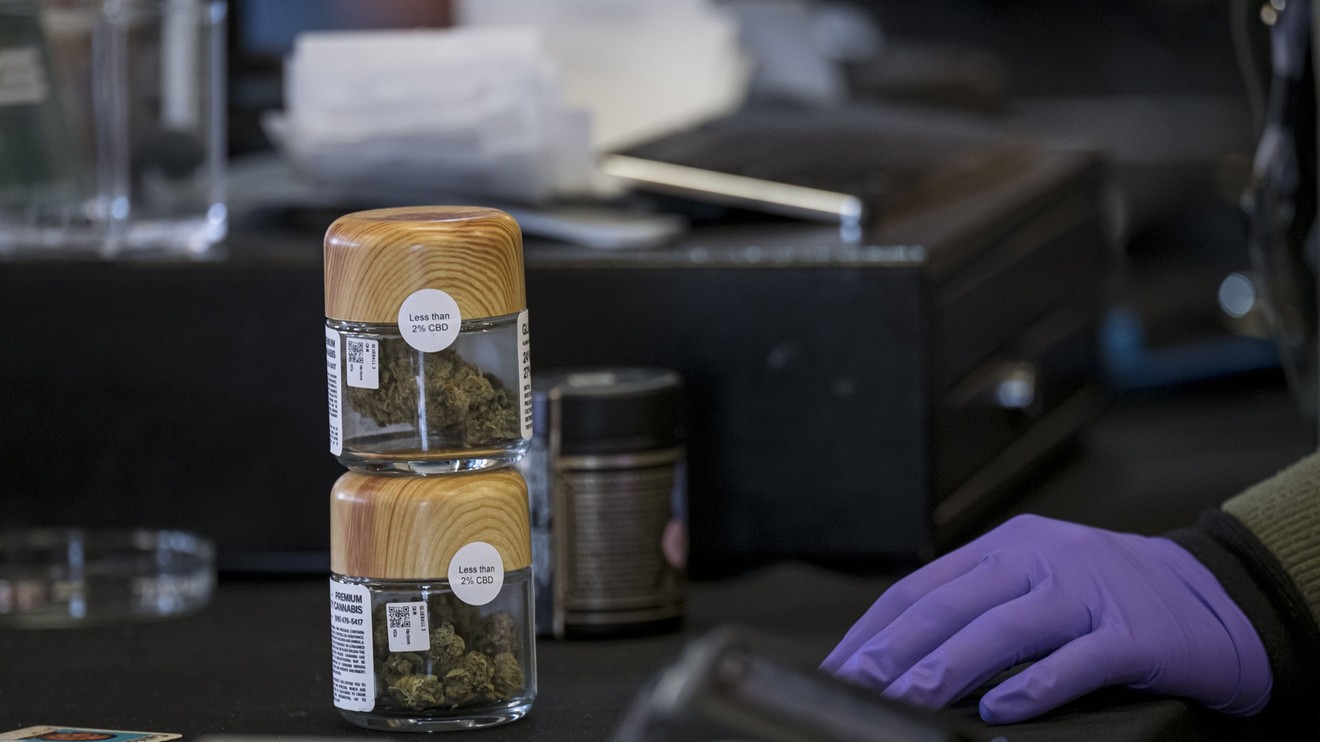So far data suggests that as the shelter-in-place orders took hold in mid- to late-March consumers bought lots of weed to ride out the lockdown. That may be visible in cannabis companies with exposure to retail sales, but for the larger producers which don’t operate stores directly, that will show up another way. Since most companies sell to provincial government distributors, investors should watch for executive commentary around the bulk buying behavior when Tilray TLRY, +3.85% reports Monday afternoon and Aurora ACB, -8.05% ACB, -4.30% reports Thursday afternoon.
Neither company directly operate bricks-and-mortar stores, though Aurora has made an investment in one. The March surge benefitted retailers in the short run, but it may not have lasted into April and investors should parse executive’s statements closely about what has happened since the quarter closed.
Overall, the data coming out of Canada reflected what occurred in the U.S. as both countries ordered their populations to shelter-in-place. People stocked up on weed the last couple of weeks in March and many increased their cannabis consumption as they were stuck at home. According to Cowen estimates, first quarter Canada sales are expected at C$479 million ($343.8 million), a 16% increase over a year ago. Several analysts wrote they expected medical sales to be relatively flat. The March-quarter is also the first full three months where second generation products such as vapes, edibles and drinks are for sale across the country.
In the U.S., after stocking up on weed in March amid the spread of COVID-19, cannabis consumers did not return to stores in large numbers until mid-April, with typical trends for weekly sales only resurfacing the first Friday of May, according to a Thursday report from cannabis-data and analytics company BDSA.
COVID-19 has affected cannabis supply chains, Cronos Group Inc. CRON, -2.76% CRON, -1.86% said Friday when it reported results, but it says it has enough inventory for the moment. Cronos’ discussion about the pandemic’s effects on the sector come considerably later and in less detail than Organigram Holdings Inc. OGI, -2.75% OGI, -0.43%, which was early and vocal about disruptions to its business.
As Jefferies analyst Owen Bennett says Organigram’s warnings suggest investors look cautiously at marijuana companies in 2020.
The coronavirus will impact Canadian companies, however, in the form of increased costs, uncertainty across the economy and a further delay in the sluggish opening of additional retail stores in Ontario, according to Stifel analyst W. Andrew Carter. COVID-19 will, in short, hurt companies’ “trapped by lofty valuations dictated by retail sentiment and burdered by onerous capital structures” ability to achieve profitability.
Cronos reported Friday, but it’s hard to glean too much from the results. Though it’s is one of the largest cannabis companies in the world, its strength at the moment lies in its billion-dollar war chest, which is backed by cigarette-maker Altria Group Inc. MO, -0.87% Its near-term prospects are limited and executives have been reluctant to, or declined to, offer short-term predictions. Relative to its larger Canadian rivals, the $8.4 million revenue it booked for the first quarter is relatively tiny — $2.2 million of which was from the company’s $300 million Lord Jones acquisition that closed last year.
The company’s lackluster sales may be because of its expensive, not-so-great products. As Jefferies analyst Bennett put it in a Friday note, “with the product obviously falling short with consumers on quality” and the company’s offerings “priced comfortably above average” all signs suggest its products are not selling terribly well. Following the company’s fourth-quarter $24 million inventory write-down, Cronos said Friday it charged another $8 million and told investors that more was likely coming as pricing continues to drop.





